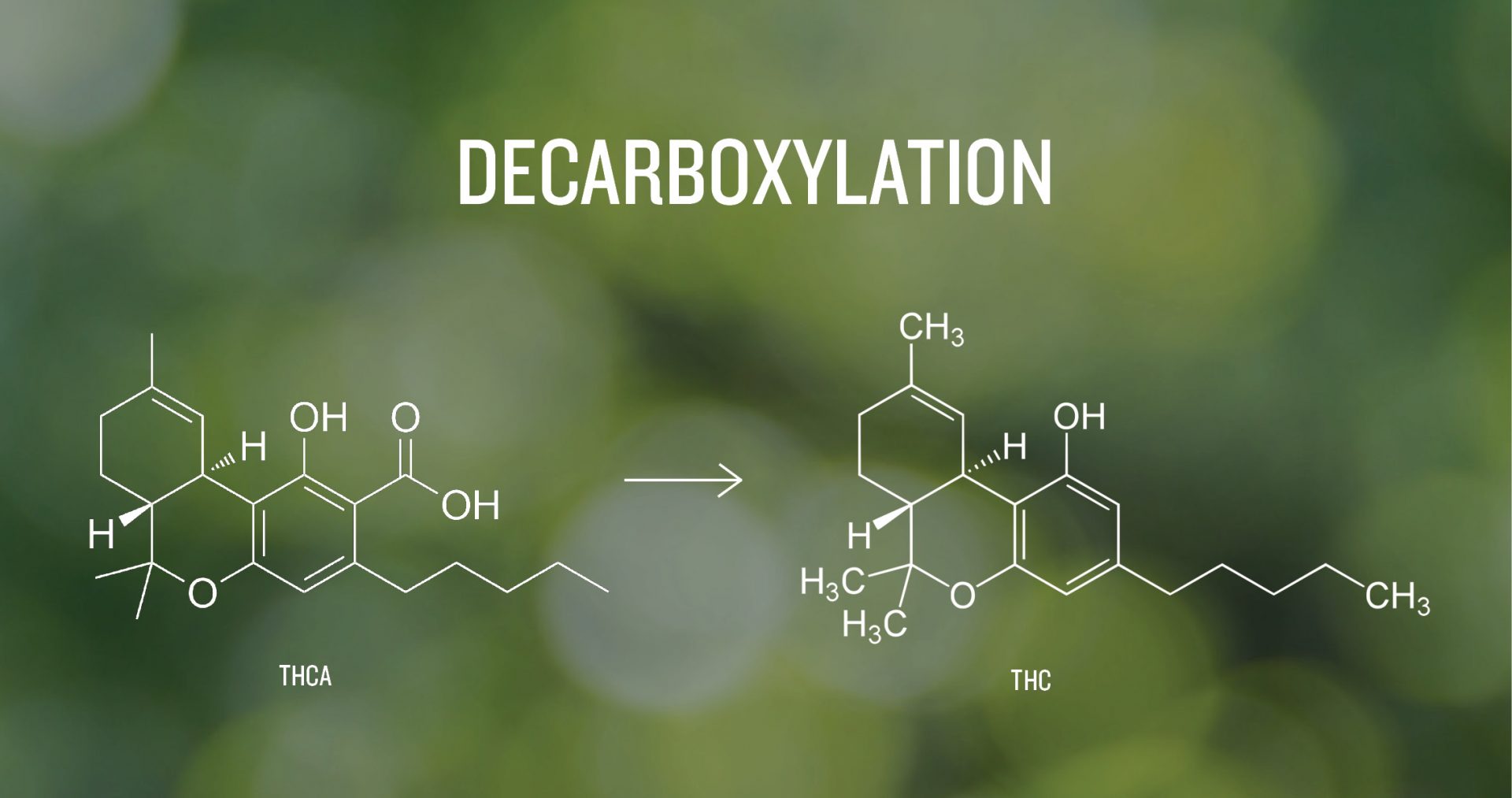By Jesse Stamm
Greetings Digest readers. This time, Ted has requested that I comment on the current rules surrounding driving and consumption of drugs or medications. For the purposes of the Criminal Code and the Motor Vehicle Act, the two laws which govern driving in B.C., drugs used solely for recreational purposes, and drugs which are used for medicinal purposes, are treated exactly the same.
The Criminal Code makes it illegal to operate a vehicle while your ability is impaired by alcohol or drugs. “Impaired” means that your ability is less than normal. The minimum penalty for an impaired driving conviction under the Criminal Code is a fine of $1000 and a one-year prohibition from driving. Sentences can go as high as life in prison, if someone is seriously hurt or killed by an impaired driver. Under the Motor Vehicle Act, a 24-hour prohibition can be issued if your driving is even affected by drugs. Two or more 24-hour suspensions within a two-year period, especially when combined with any other traffic violations, may lead to the Superintendent of Motor Vehicles issuing a longer driving prohibition. Also, there is no law allowing you to appeal a 24-hour prohibition issued for driving under the influence of drugs, unless you are able to convince the officer in charge of giving you the prohibition to change his mind.
The starting point is, of course, that to be charged with a driving offence, you must have been operating a vehicle. If you are walking or taking a bus, you can be virtually certain that you will not be affected by these laws. To begin a drug driving investigation, a police officer must have “reasonable grounds” to believe that the driver’s ability to drive has been either affected or impaired because of alcohol or drugs. The evidence used to reach this belief is often “red and glossy eyes” and the “smell of burnt marijuana.” Telling a police officer that you have consumed drugs or alcohol (especially “just one toke” or “just one drink”) is another common way to provide the evidence needed to move the investigation forward. Getting into an accident is another way that police often begin an investigation.
At the point where a police officer forms a belief that your ability to drive is affected or impaired by a drug, that officer has the option of either issuing a 24-hour driving prohibition (and impounding your vehicle for 24 hours) or proceeding to the police station for a urine/saliva/blood sample to be used in the criminal proceeding. If you are asked to provide a sample and refuse to provide that sample, the penalty is exactly the same as impaired driving, although your chances of fighting a charge for refusal are much lower than your chances of fighting an impaired charge.
Although there is no roadside breathalyzer for drugs, there are what are often called Roadside Field Sobriety Tests. These are used by police to gather evidence about whether to move forward with their investigation. These tests include standing on one leg, checking your pulse, blood pressure, and pupils, and performing the “touch-your-nose-with-your-eyes-closed-and-head-held-back” test. These tests must be done by a police officer trained to be an “evaluating officer,” which requires extra training; however, failure to pass these tests does not prove that ability to drive is impaired. Also, although it is not yet clear, the results of these tests may not be admissible in court if you have not been warned of your right to speak to a lawyer first. To be safe, if you are asked to do these tests, complete them and then speak to legal counsel as soon as you can. And of course, the safest option is always to choose alternative transportation after consuming medications of any sort.



